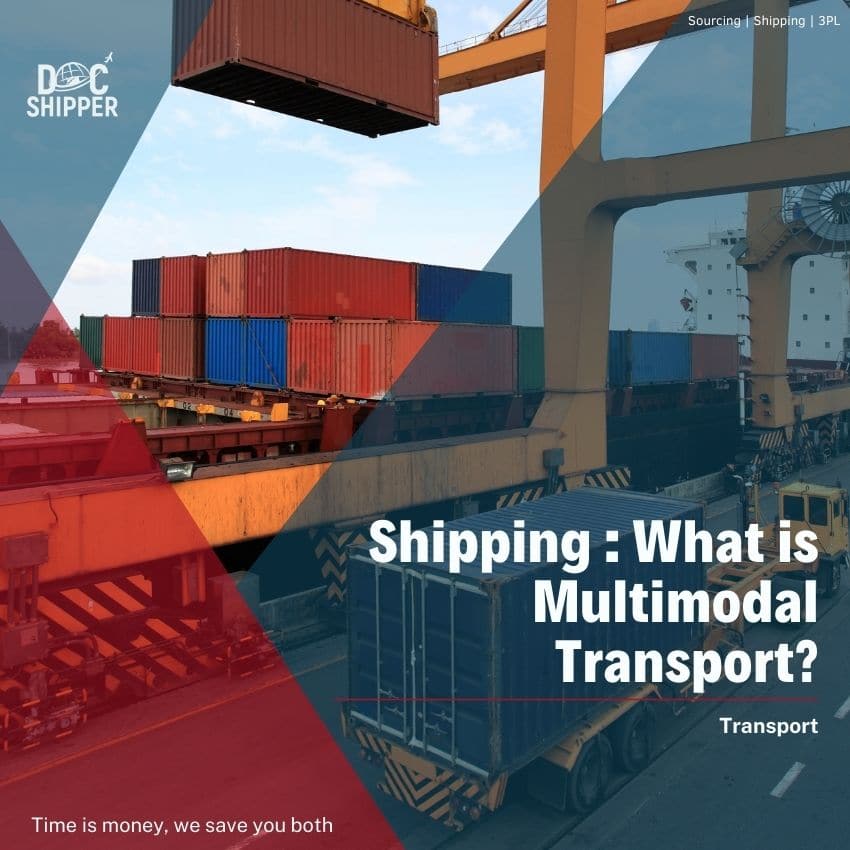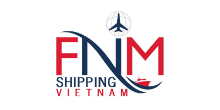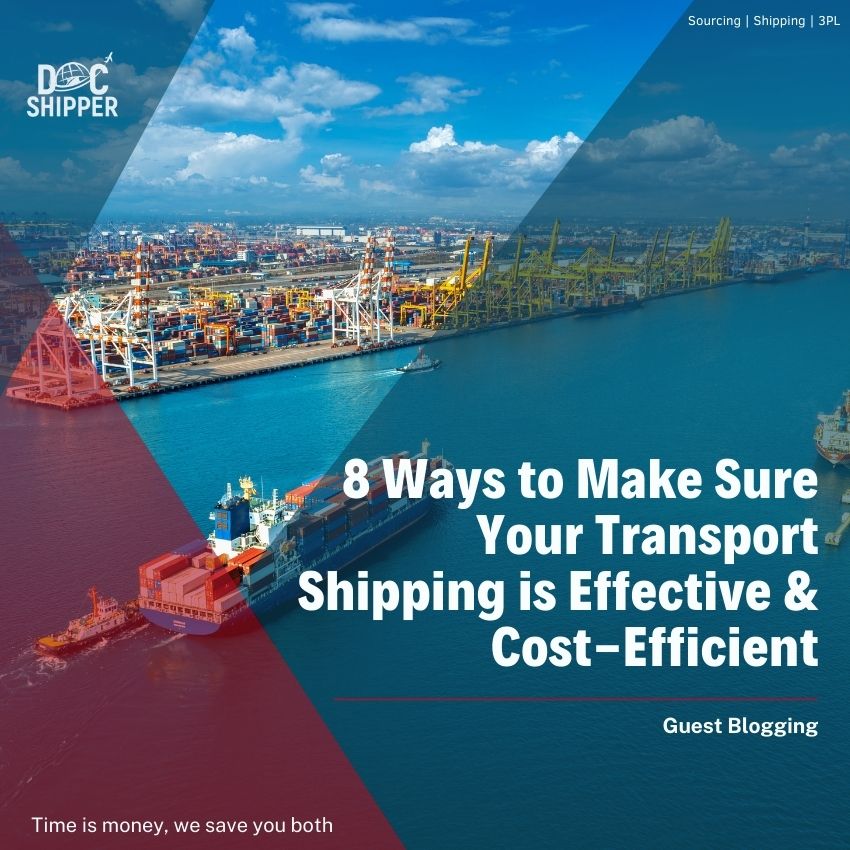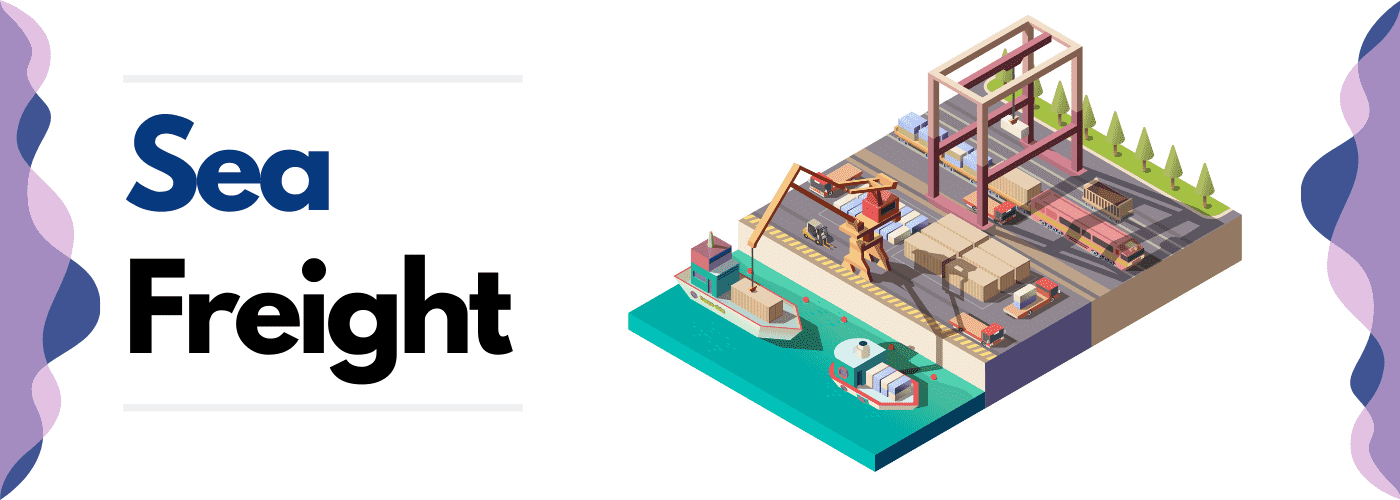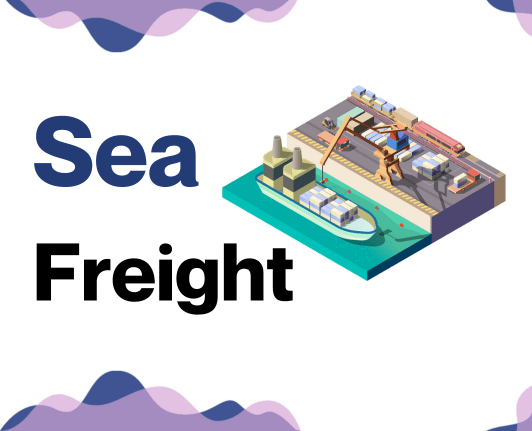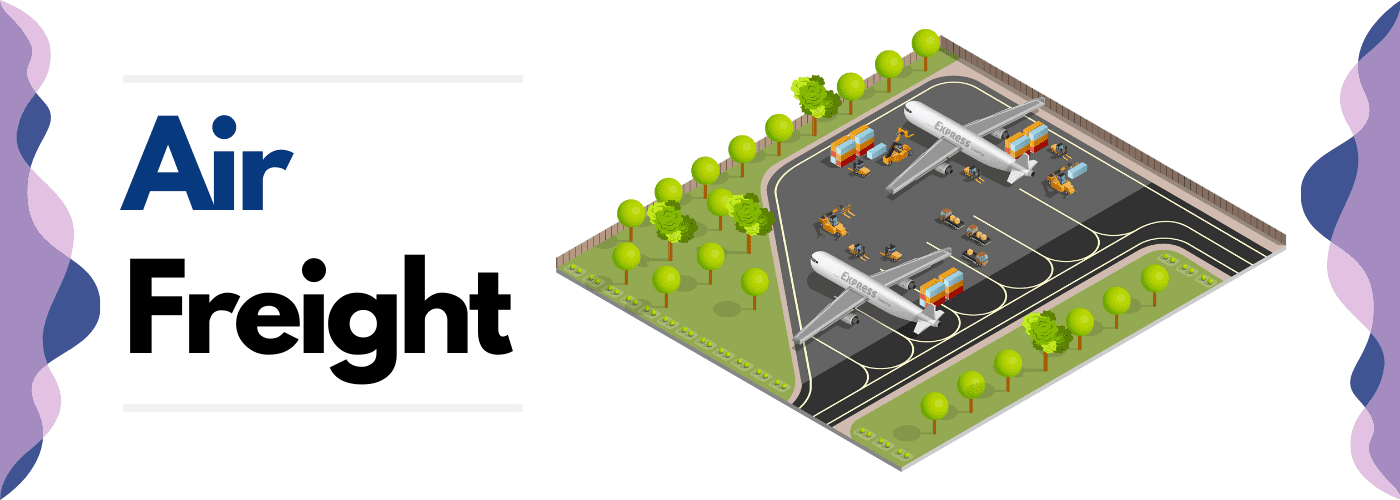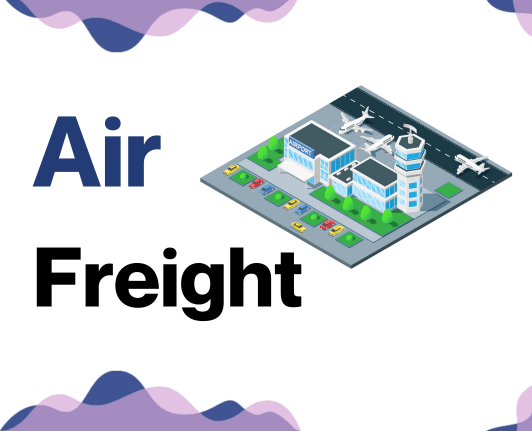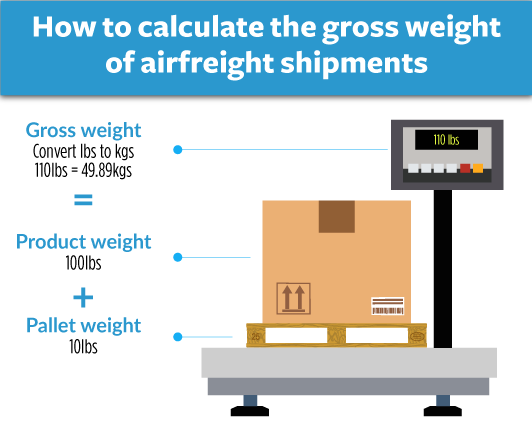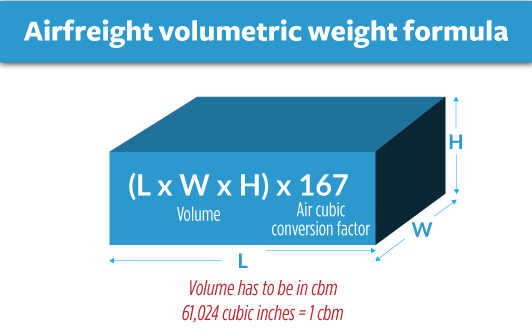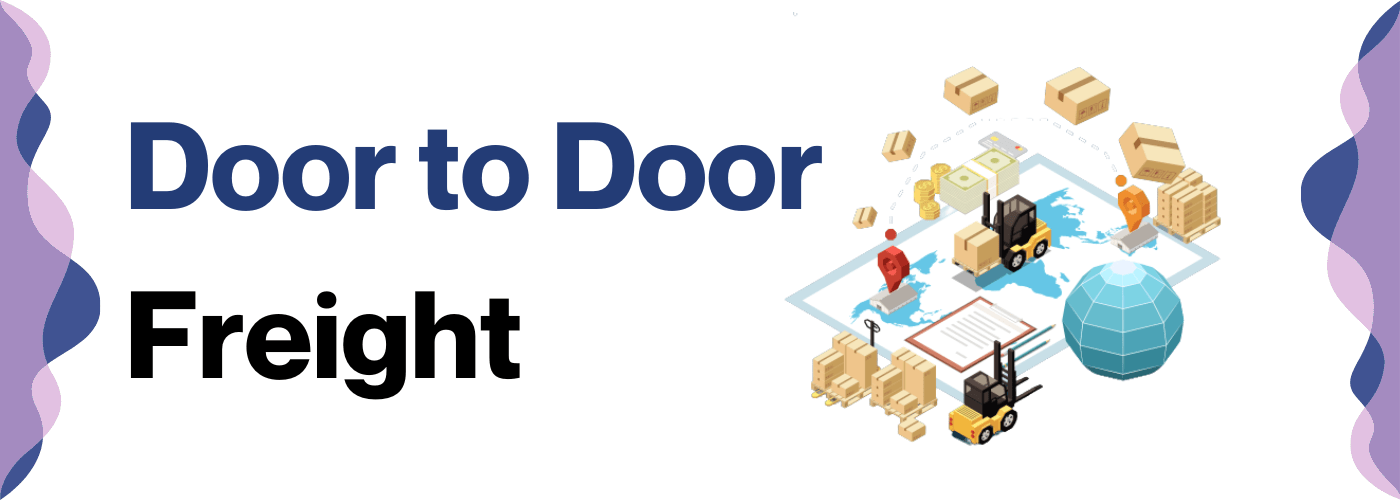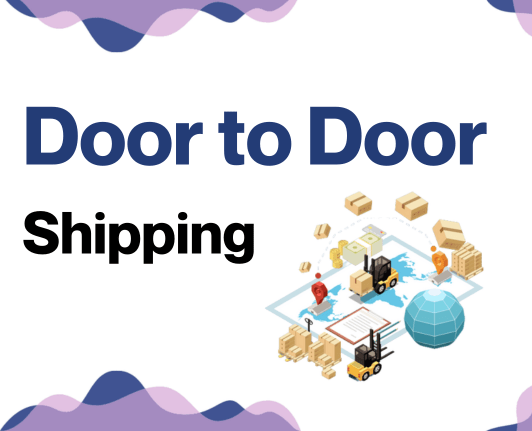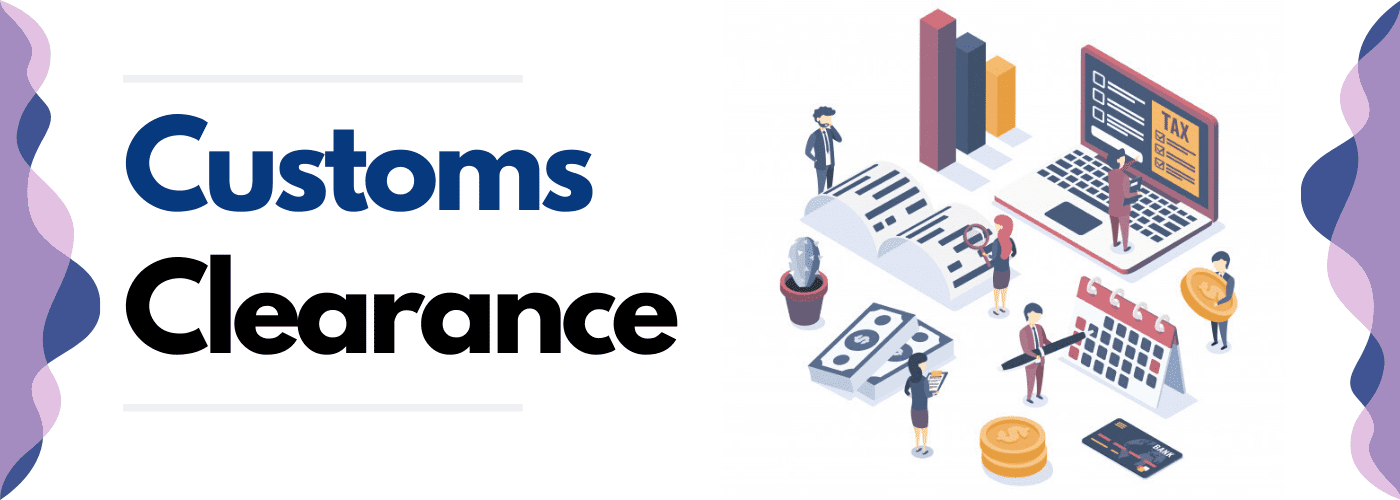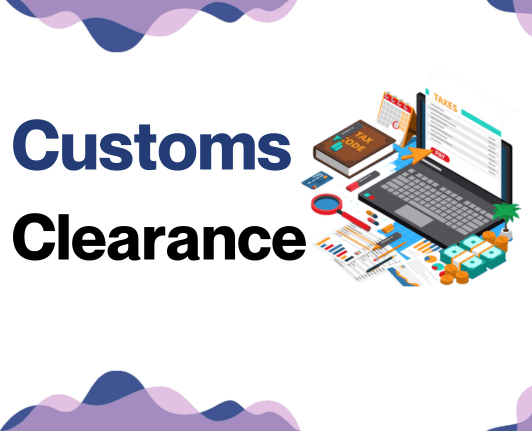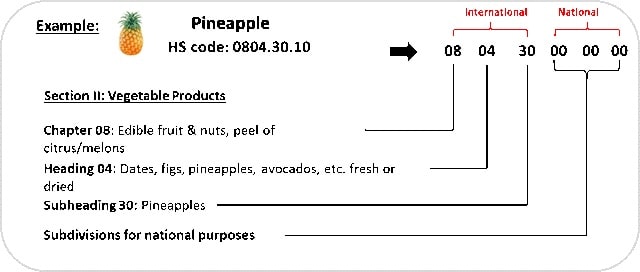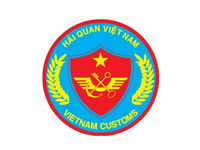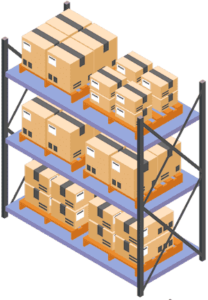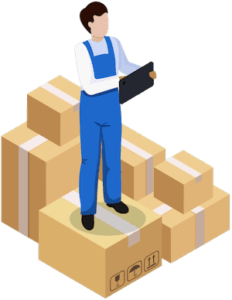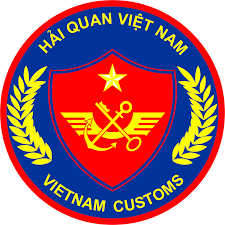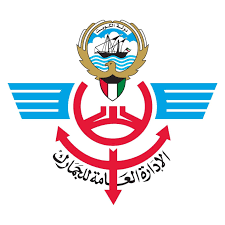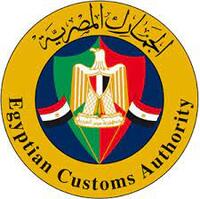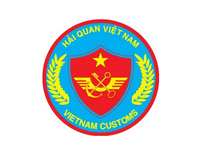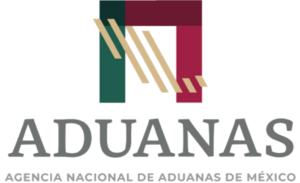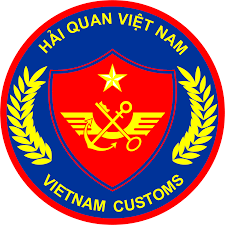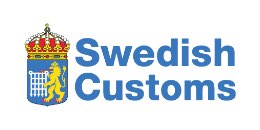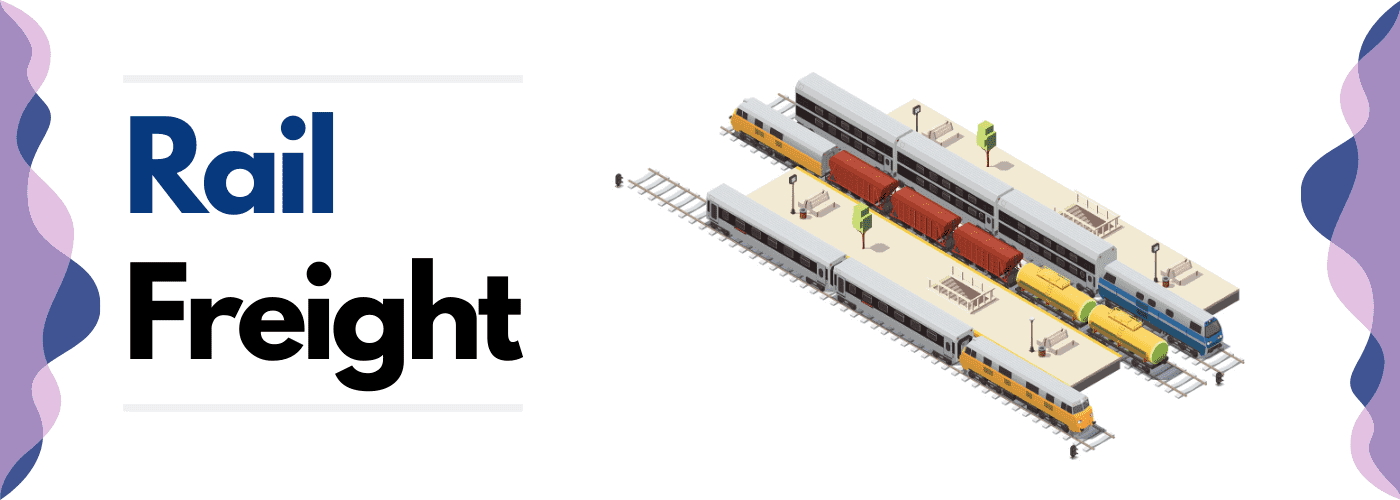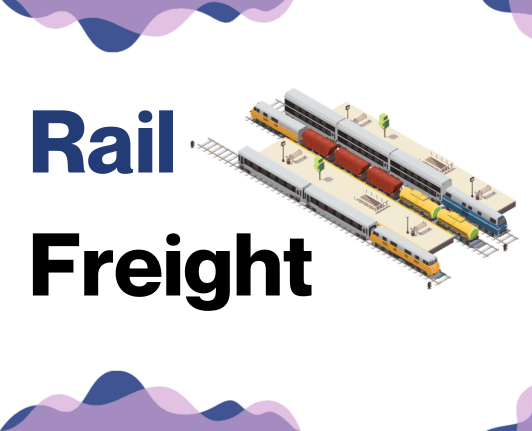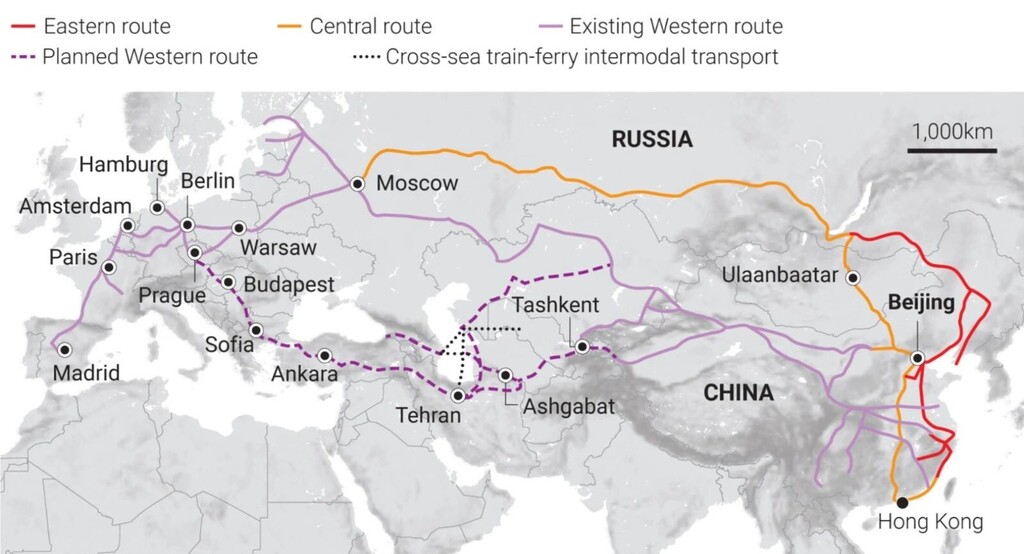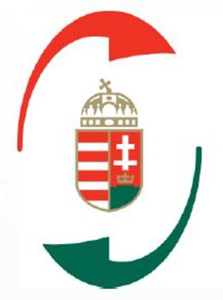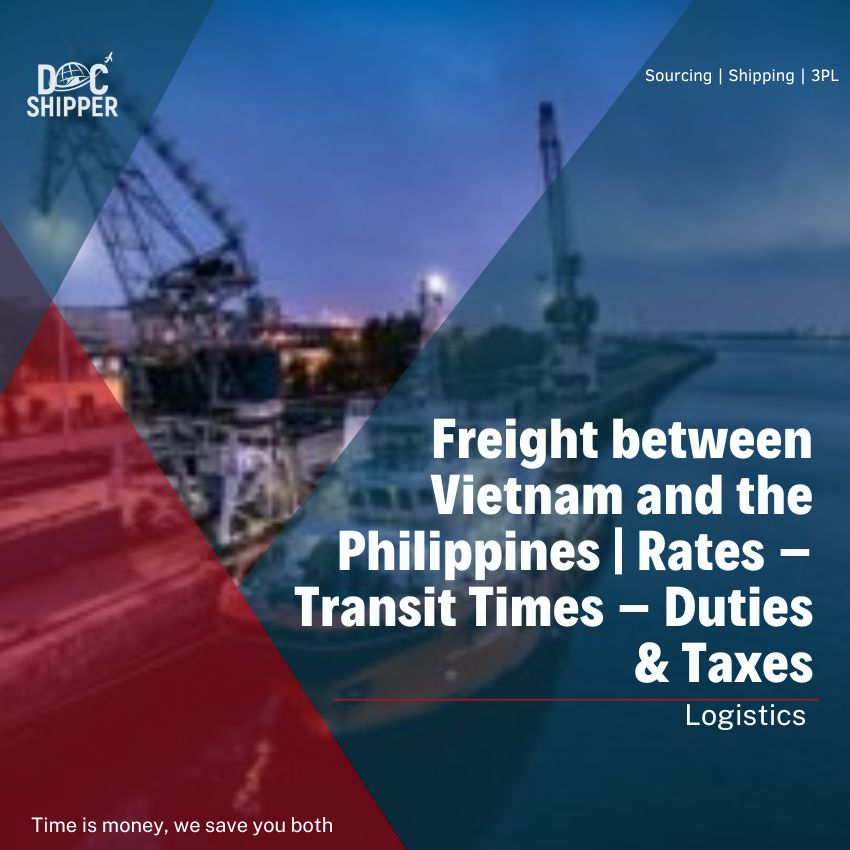Key Trading Partners and Strategic Importance: Key trading relationships Sare maintained with Taiwan, South Korea, Japan, UAE, and Singapore. The Port of Da Nang is strategically situated along the Central Economic Corridor between Laos, Thailand, Myanmar, and Central Vietnam.
Context for Businesses: Should your businesses wish to venture into the markets of Central Vietnam or neighbouring countries, the Port of Danang, with its strategic position and affiliations, can play a key part in your logistics plan.
Port of Quy Nhon:
Location and Volume: Located in Binh Dinh Province, the Port of Quy Nhon handles over 1 million TEUs annually thanks to its location in one of the significant economic zones of central Vietnam.
Key Trading Partners and Strategic Importance: The port chiefly trades with Asia-Pacific countries, notably Japan, South Korea, and China. The port serves as a critical shipping channel for the central and highland provinces of Vietnam, contributing tremendously to regional economic development.
Context for Businesses: If you target markets within central and highland regions of Vietnam or have partners in the Asia-Pacific region, the Port of Quy Nhon plays an important role in optimizing your logistics operations.
Port of Nha Trang:
Location and Volume: The Port of Nha Trang, located in the Khanh Hoa Province, is considered a smaller port, processing around 200,000 TEUs annually.
Key Trading Partners and Strategic Importance: The port primarily trades with countries within the Asia-Pacific, and its strategic significance lies in serving the local provinces and contributing to tourism due to cruise ship visits.
Context for Businesses: If your business deals in tourism or caters to the markets within Khanh Hoa Province, the Port of Nha Trang can be an ideal component due to its local and tourist-centered activities.
Port of Vung Tau:
Location and Volume: The Port of Vung Tau, situated at the mouth of the Saigon River, is one of Vietnam's primary ports for international container traffic, with a shipping volume of about 60 million tons, including minerals and crude oil.
Key Trading Partners and Strategic Importance: Key partners include other Asian countries like China, Japan, and South Korea. Its strategic significance revolves around its capability to handle vessels up to 40,000 DWT (Deadweight tonnage), facilitating the trading of bulkier goods.
Context for Businesses: Should you need to ship larger capacities or deal with energy resources, the Port of Vung Tau, with its ability to handle both types of cargo, can tremendously support your shipping strategy.
Main shipping ports in Egypt
Port Said
Location and Volume: Located at the northern entrance of the Suez Canal, Port Said is crucial for both ocean-to-ocean cargo transshipment and Suez Canal container transits, handling over 3.8 million TEUs annually.
Key Trading Partners and Strategic Importance: With its strategic location, the port conducts significant trade with Asia, primarily China, and European countries, particularly Italy and Greece. Its importance is further highlighted by being a significant transshipment hub across the Suez Canal.
Context for Businesses: If you're contemplating extending your reach to crucial European and Asian markets, the Port Said offers efficient transshipment operations and access to significant cargo routes along the Suez Canal.
Alexandria Port
Location and Volume: Alexandria Port, situated on the West Verge of the Nile Delta along the Mediterranean Sea, is a critical trade port for Egypt with a shipping volume of about 1.2 million TEUs.
Key Trading Partners and Strategic Importance: Trading predominantly with Europe and the US, it plays a significant role in Egypt’s economy, given its vast range of commodity handling encompassing containers, general cargo, dry bulk and liquid bulk.
Context for Businesses: For businesses aiming to tap into European and North American distributions, Alexandria Port's versatility in handling various commodities and marine service facilities make it a suitable choice.
Port of Damietta
Location and Volume: Located on the eastern branch of the Nile River near the Mediterranean Sea, the Port of Damietta handles around 1 million TEUs annually.
Key Trading Partners and Strategic Importance: It's a major player for trade with Italy, Turkey, and Greece, specialising primarily in timber and grains, boosting its strategic positioning in global agricultural commerce.
Context for Businesses: If your endeavour lies within the agricultural industry, connecting with the Port of Damietta could streamline your operations given its specialty in the sector and well-connected routes.
Port of Ain Sokhna
Location and Volume: Positioned at the southern end of the Suez Canal, Ain Sokhna is the nearest Red Sea port to Cairo, managing a shipping volume of about 820,000 TEUs.
Key Trading Partners and Strategic Importance: It's a critical junction for trading with Asia, particularly China, India and the Gulf countries. The port stands as a cornerstone of the Egyptian Government’s strategy to develop the Suez Canal Region.
Context for Businesses: For businesses focused on Asia-oriented markets, the Port of Ain Sokhna could be a viable component of your logistics, thanks to its strategic proximity to the Suez Canal and Asian trade routes.
Port of Dekheila
Location and Volume: Annexed to the Port of Alexandria, Dekheila Port handles a diverse range of commodities moving between Europe, the United States and North Africa with a volume over 420,000 TEUs.
Key Trading Partners and Strategic Importance: Geared mostly to dealings with the US, Europe, and North Africa, Dekheila is heavily engaged in handling general cargo, dry bulk, and containers.
Context for Businesses: Dekheila Port makes for a well-rounded option if your operations extend across both sides of the Atlantic or if you trade various types of goods, due to its versatile cargo handling proficiency.
Port of El Quseir
Location and Volume: Nestled on the Red Sea coast, El Quseir is a minor, yet strategic port for Egypt. Its annual shipping volume is comparatively less but crucial due to its Red Sea access.
Key Trading Partners and Strategic Importance: The port's importance hinges on its dealings with Saudi Arabian Red Sea ports and its strategic location near tourist hotspots, supporting cruise ship tourism.
Context for Businesses: If your enterprise involves cruise tourism, or your operations are centred around Saudi Arabian markets, partnering with El Quseir could complement your distribution plans due to its active tourism or Red Sea connections.
